In today’s competitive business environment, organizations are expected to consistently deliver high-quality products and services while meeting customer and regulatory requirements. This is where the ISO 9001 Certification plays a critical role. ISO 9001 is the globally recognized standard for Quality Management Systems (QMS), helping organizations streamline processes, improve efficiency, and enhance customer satisfaction. For professionals looking to advance their careers in quality management, enrolling in an ISO 9001 Certification Course and ISO 9001 Training can be a game-changer.
What is ISO 9001 Certification?
The ISO 9001 Certification demonstrates that an organization follows structured quality management principles, including leadership involvement, customer focus, and continual improvement. It assures stakeholders that the business is capable of meeting requirements consistently and effectively. For individuals, gaining ISO 9001 expertise through structured training adds significant value to their career by qualifying them to contribute to or lead quality improvement initiatives.
ISO 9001 Training and Course Overview
An ISO 9001 Course is designed to provide participants with in-depth knowledge of the ISO 9001 standard, its clauses, and the practical application of quality management principles. The training typically covers:
Introduction to ISO 9001 and Quality Management Systems
Understanding ISO 9001 requirements and clauses
Roles and responsibilities in maintaining QMS
Process approach and risk-based thinking
Audit principles and methodology
By undergoing ISO 9001 Training, professionals gain the skills to perform internal audits, support certification audits, and drive continual improvement initiatives within their organizations.
QMS Lead Auditor Course
For professionals aspiring to take on leadership roles, the QMS Lead Auditor Course offers advanced training. This course equips participants with the knowledge and confidence to plan, conduct, report, and follow up on audits of quality management systems. A certified Lead Auditor can conduct external audits for certification bodies or serve as a lead auditor within their organization.
Key benefits of the QMS Lead Auditor Course include:
Developing advanced auditing skills
Learning audit planning and reporting techniques
Understanding international audit guidelines (ISO 19011)
Qualifying for roles such as Quality Manager, Lead Auditor, or Consultant
ISO 9001 Certification Cost
When considering professional development, it is important to factor in the ISO 9001 Certification Cost. The cost of ISO 9001 training and certification varies depending on the training provider, course format (online or classroom), and level of certification. While initial costs may seem significant, the return on investment is substantial, as ISO 9001 credentials can enhance career prospects and open doors to higher-paying roles.
Conclusion
The ISO 9001 Certification Course and QMS Lead Auditor Course are valuable pathways for professionals seeking to build expertise in quality management and auditing. With the right ISO 9001 Training, individuals can advance their careers, contribute to organizational success, and gain recognition in a highly competitive global market. Although the ISO 9001 Certification Cost may vary, the long-term benefits make it a worthwhile investment for both professionals and organizations.

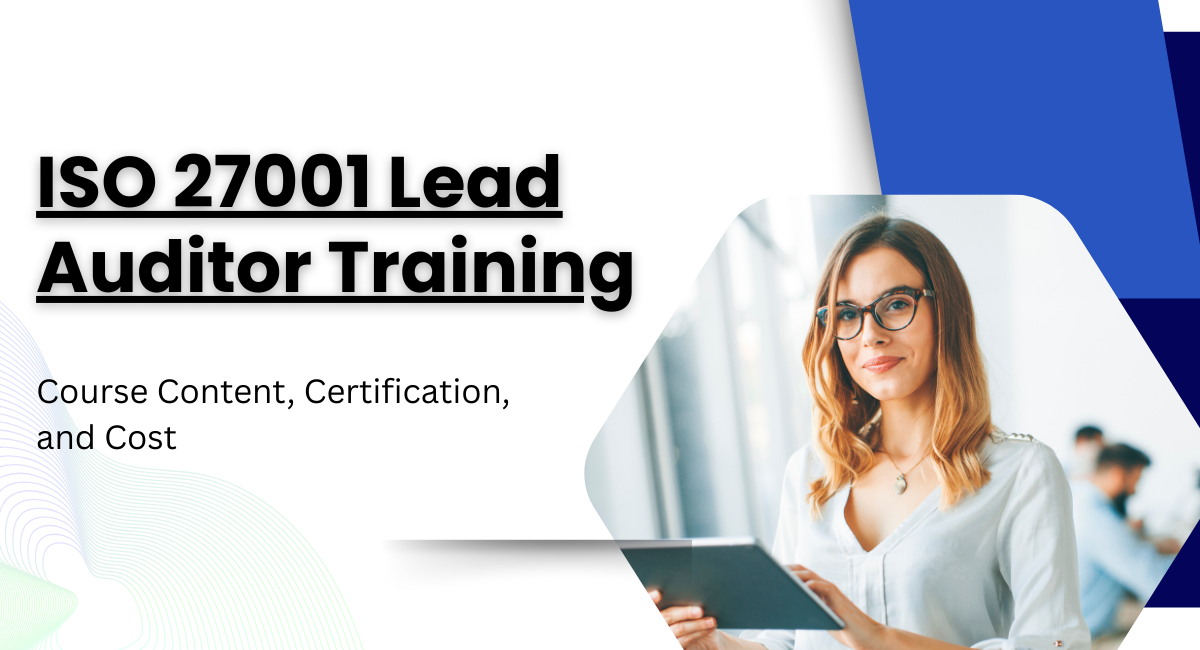
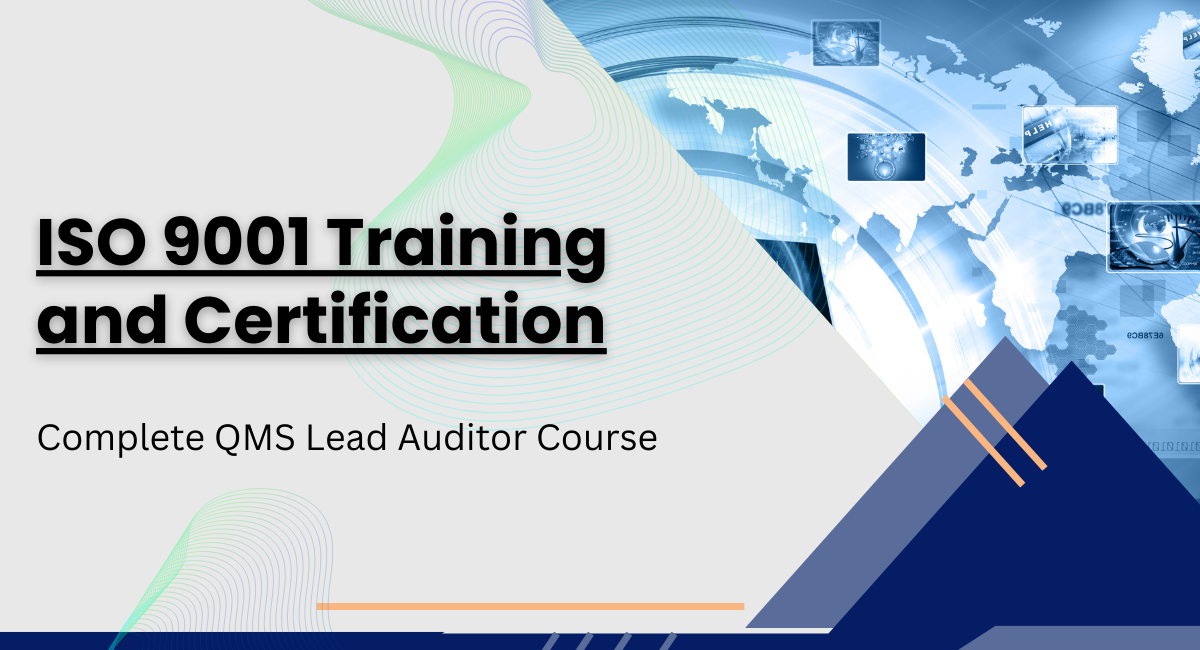
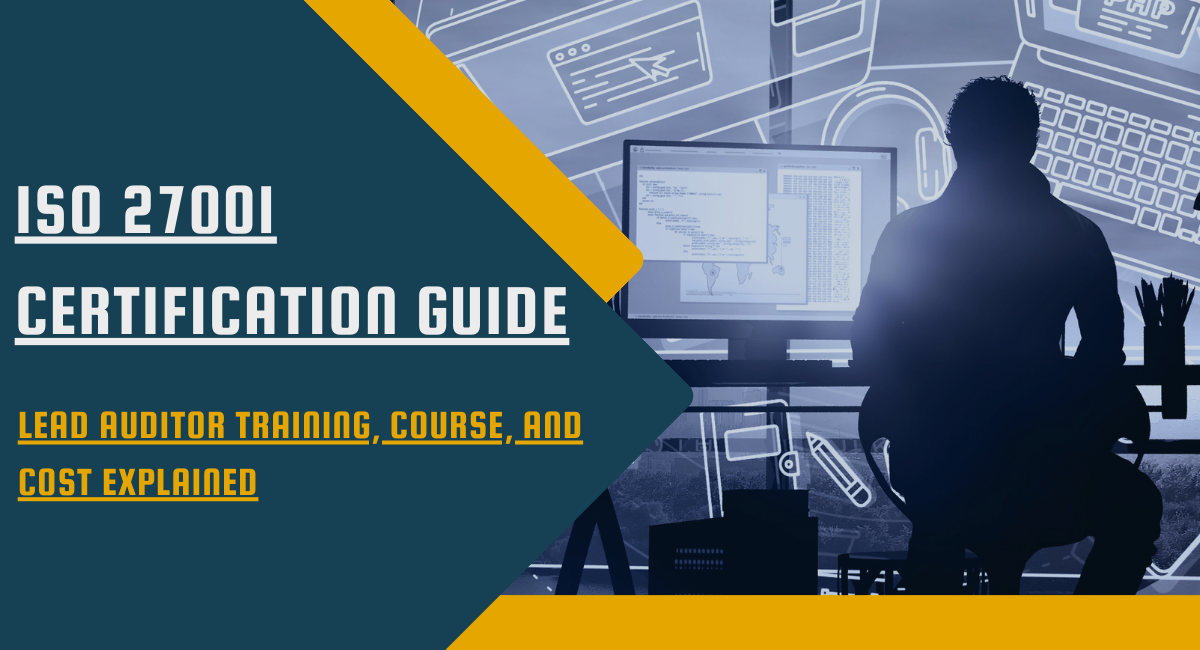
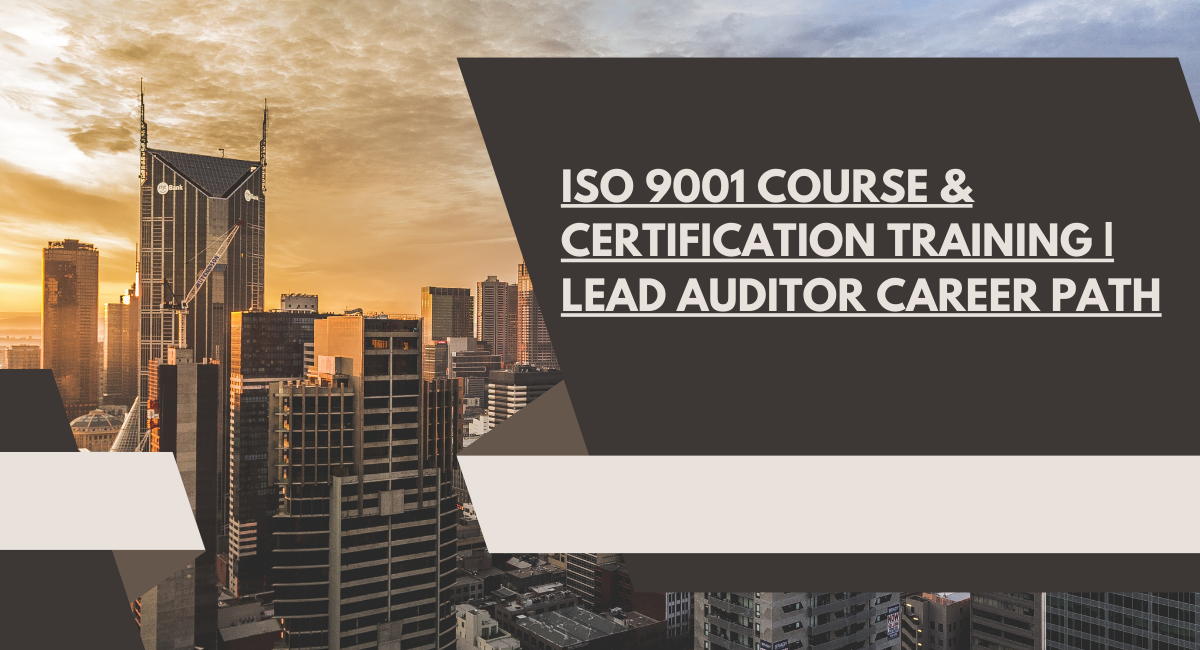
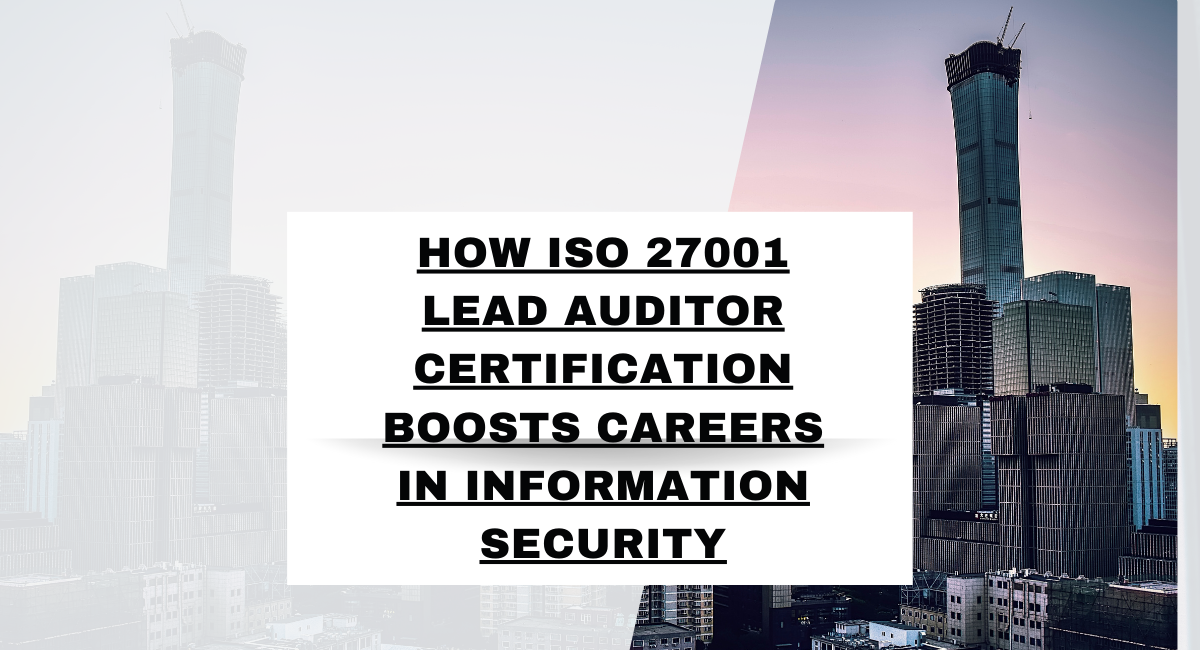


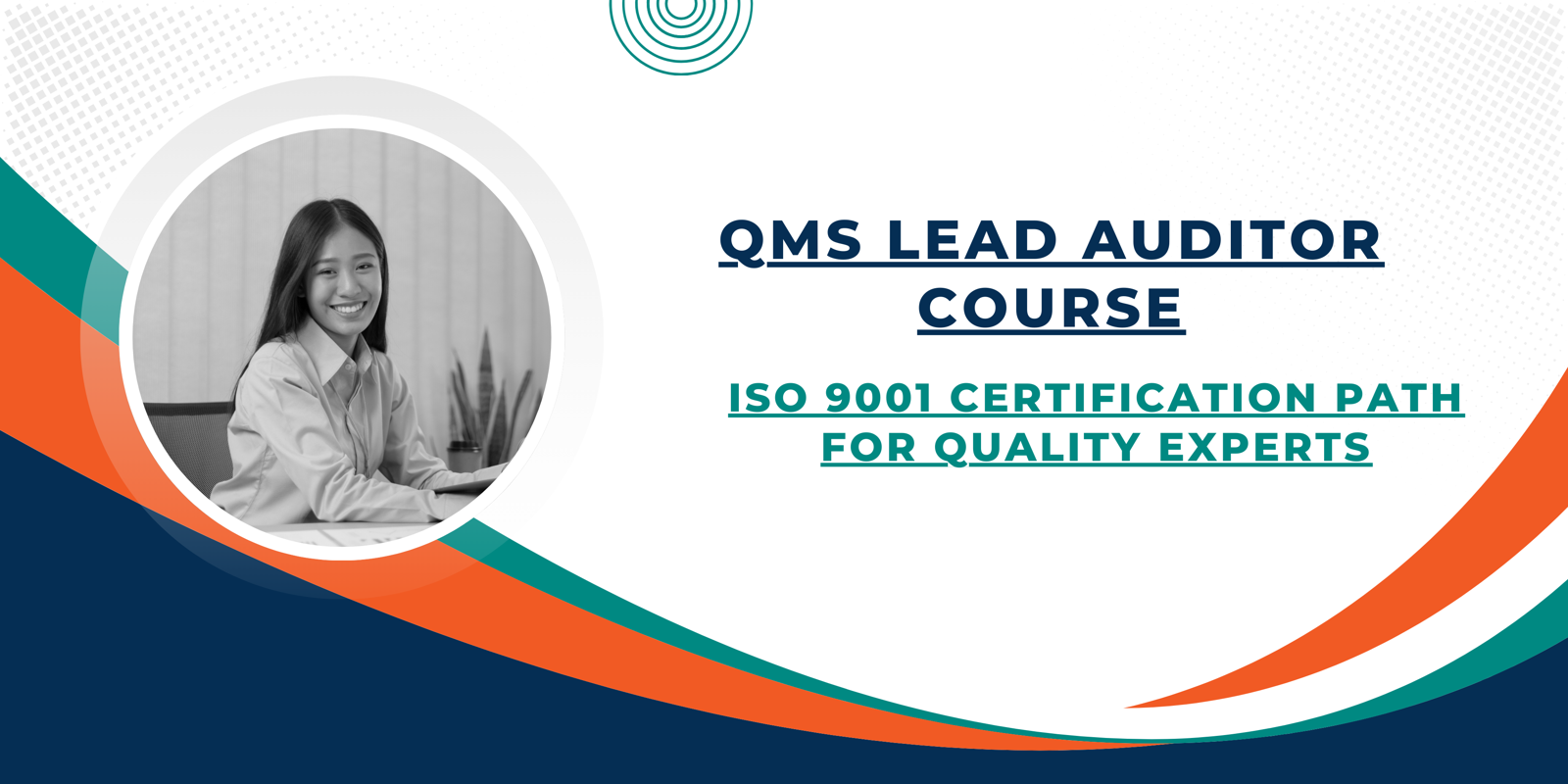


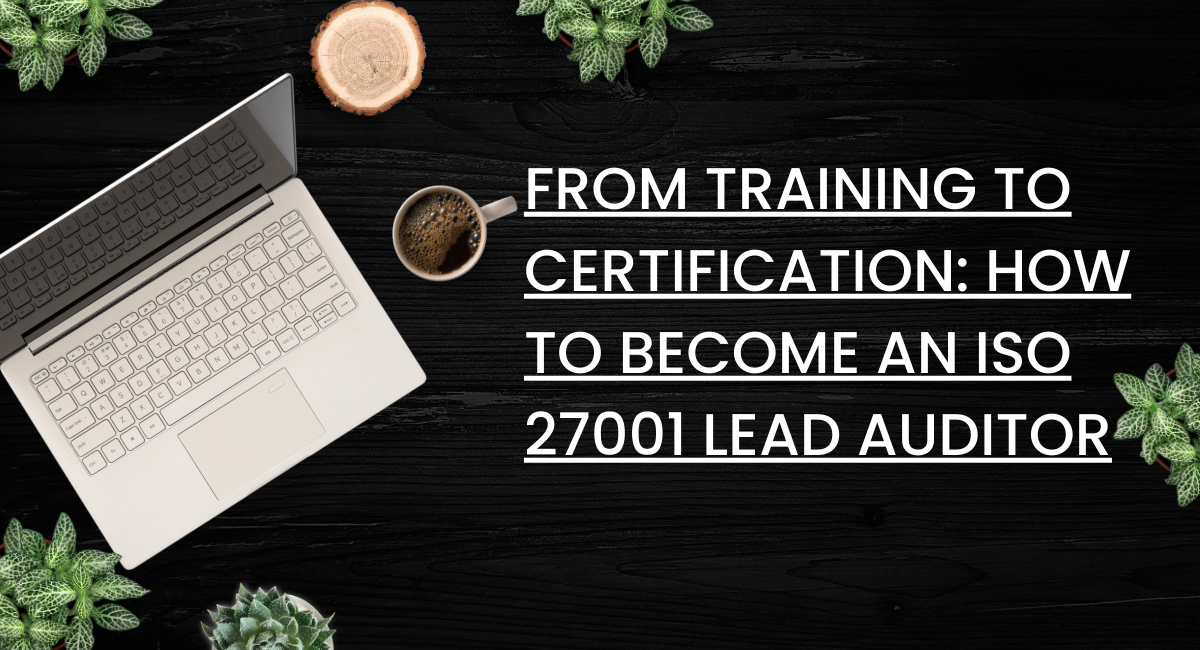
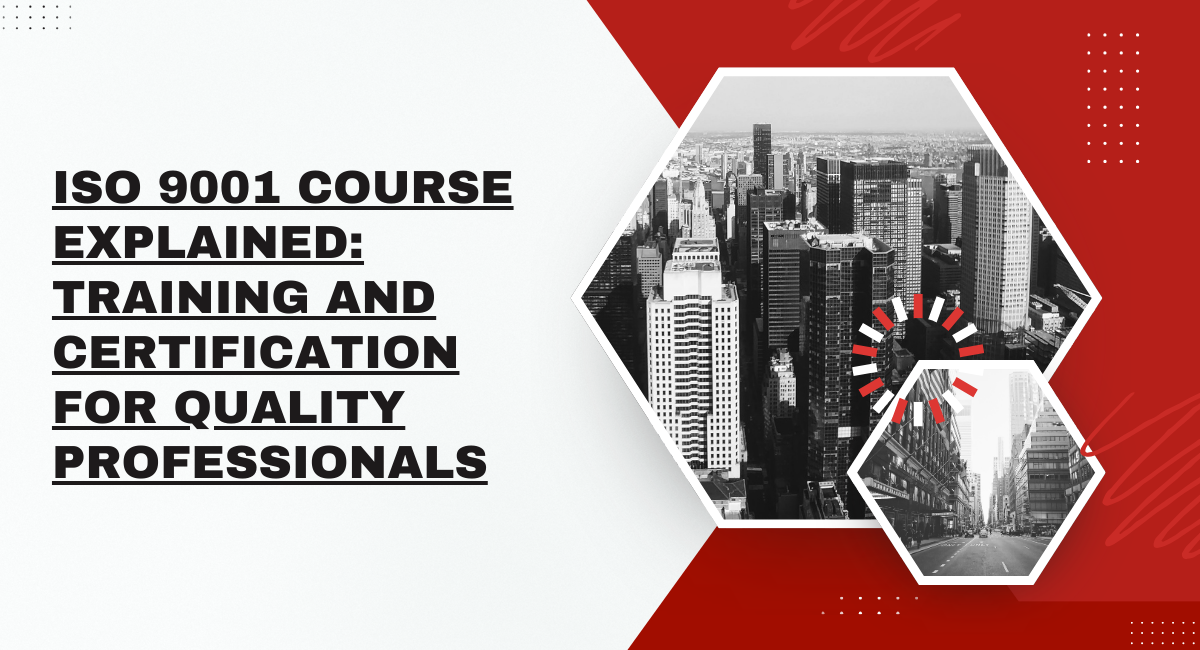


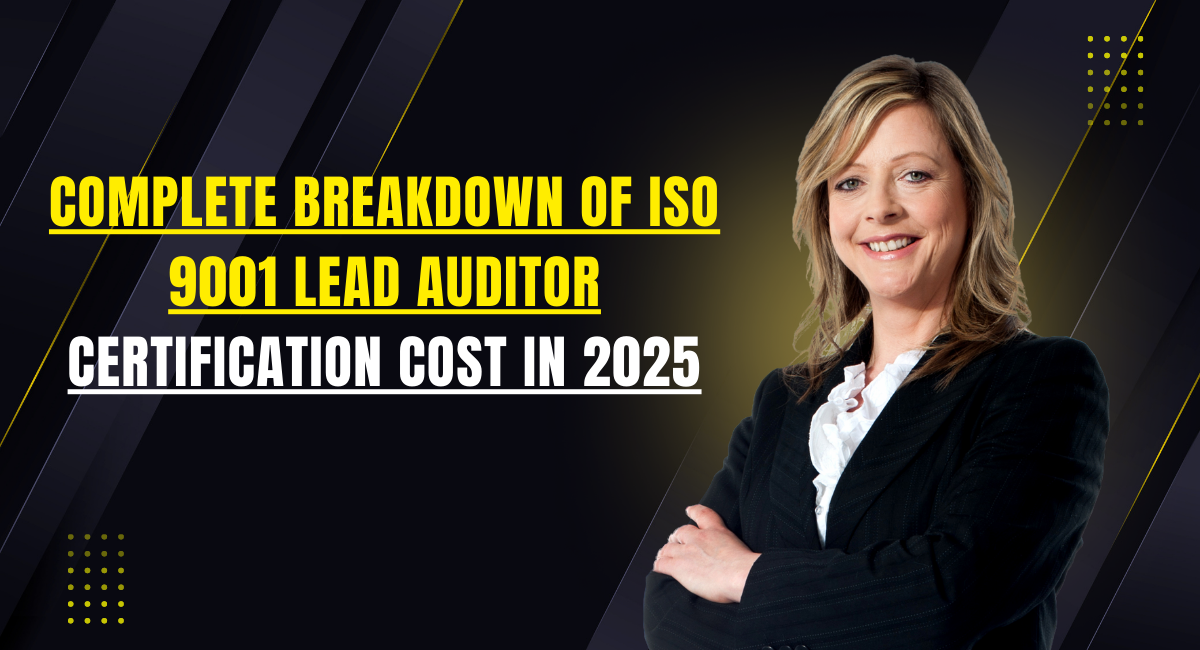


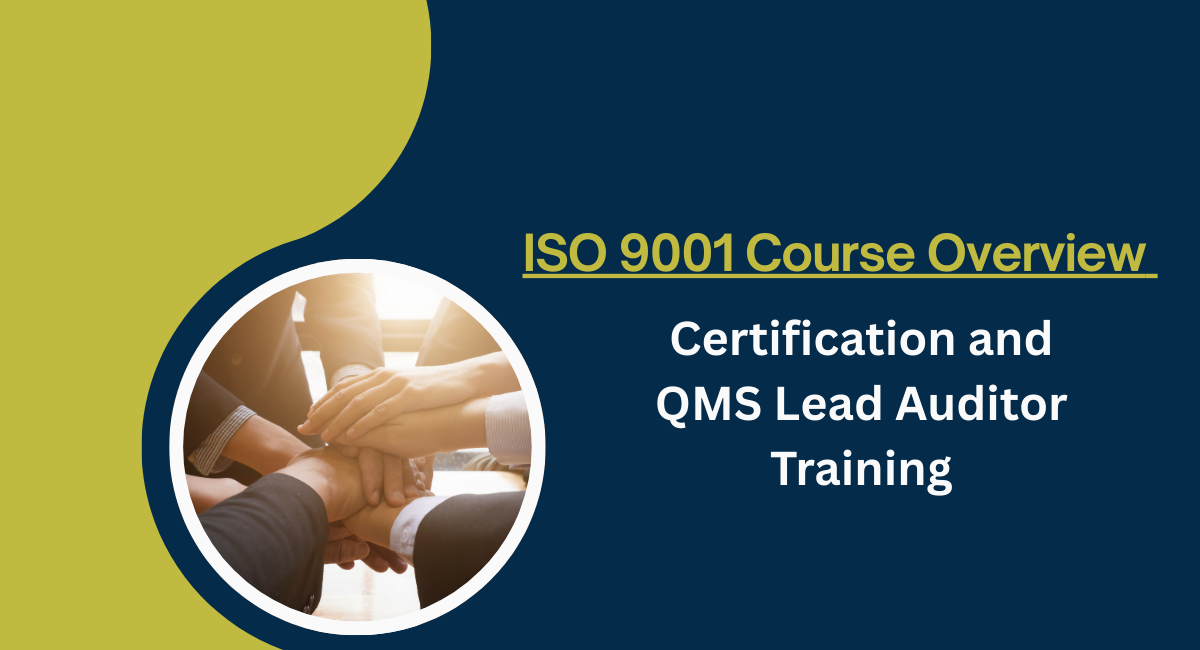

Write a comment ...